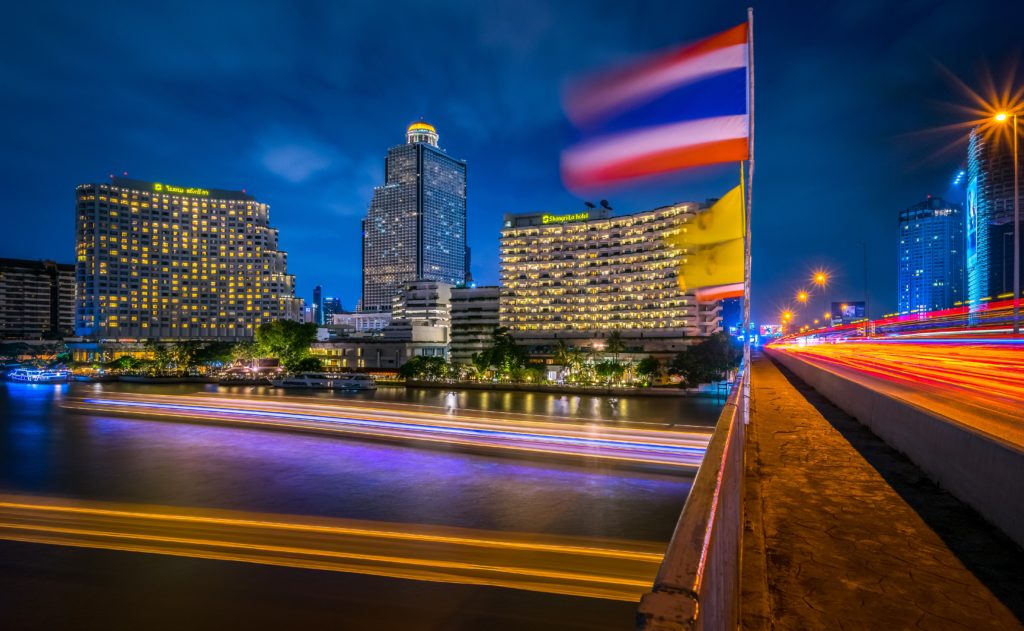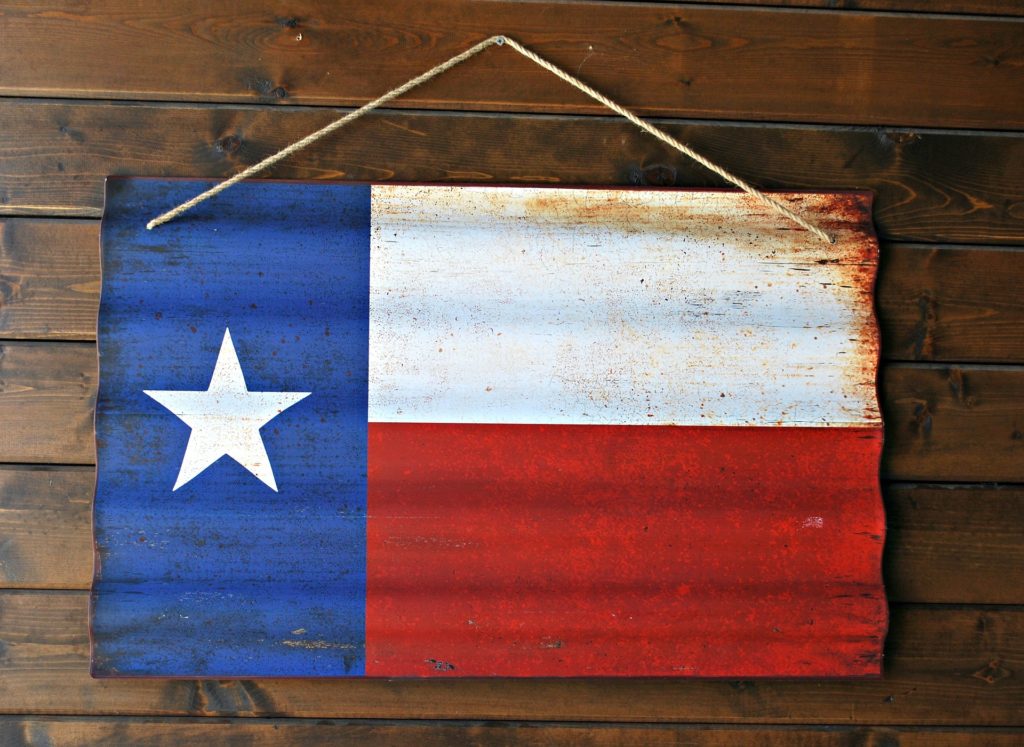Marijuana legalization is spreading all over the world. Thailand became the first Asian country to legalize medical marijuana. Uruguay was the first country to fully legalize recreational cannabis in 2013. Canada became the second country to legalize cannabis in 2018, making it the first G7 country. The fate of New Zealand depends on next year’s referendum in the general election.
The current cannabis policy around the world


The legality of medical and recreational cannabis policy varies from country to country. Also, the United States did not make a decision on the legalization of cannabis, so the situation varies greatly from state to state.
Thailand promotes medical marijuana
Last year, Thailand became the first Asian country to legalize medical marijuana. Thailand is ready for further development of the medical cannabis market. According to Forbes’ article, this week Thailand removed low-quality cannabis and cannabis extracts from the list of banned drugs.
Under the new development plan, Thailand will do this CBD extracts with less than 0.2% THC allow it. Thailand plans to include CBD extracts in the production of drugs, cosmetics, and food. Furthermore, the country wants its agricultural income to grow thanks to the cultivation and sale of cannabis.
The cannabis market in Thailand is popular. On Tuesday, Reuters announced that the venture capital company Expara in Southeast Asia is planning to raise a million to $30 million in December. They plan to invest in cannabis technology.


Canada’s largest cannabis industry
Canada legalized cannabis in 2018. The country continues to legalize food on a large scale where THC and CBD are available. Canada is at the forefront of the cannabis industry.
The country introduced four major cannabis players who dominate the industry. Canopy Growth (CGC) (WEED) is the largest cannabis company. Moreover, Constellation Brands (STZ) invested in the company. Canopy’s growth resulted in a 2020% increase in recreational sales of dried cannabis in Q1 94.
The company also reported an increase in annual medical cannabis revenues of 209%. Canopy Growth plans to introduce new products after Cannabis 2.0 with Martha Stewart. The share increased by 12% in September.
Aurora Cannabis (ACB) has a strong international presence. In addition, the company generated strong revenue growth in the third quarter. Canadian consumer and medical sales increased by 37% and 8%, while international sales increased by 40%. The company expects to generate net sales of 100 million Canadian dollars and 107 million Canadian dollars.
The company will publish its results for the fourth quarter in September in the 12th Aurora Cannabis increased by 6.5% in September.
Aphria (APHA) focuses more on medicinal marijuana. As a result, the company achieved good results in the last quarter. Aphria’s income from cannabis use by adults increased by 158% year-on-year. The company also reported a positive EBITDA of $0.209 million in Canada. The company’s share increased by 9.4% in September. How does Mexico see cannabis?
Marijuana in Texas
Texas has strict marijuana laws. The THC content permitted in medical marijuana is quite low in Texas. This state only allows less than 0.5% THC with the permission of a physician. Authorized cannabis less than 0.3% THC without the physician’s permission.
The program may help patients from neighboring countries and Mexico. Therefore, the Mexican economy could benefit from cannabis legalization. It generates higher tax revenues and employment growth.


A referendum in New Zealand 2020
The fate of recreational cannabis legalization in New Zealand depends on next year’s referendum in the general election. Recreational cannabis is still illegal in New Zealand. New Zealand considers cannabis to be an illegal drug under Act 1975 on Drug Abuse.
New Zealanders have the opportunity to vote in favor of legalizing cannabis. To strengthen the case, Guardian’s article stated that the Helen Clark Foundation had published a report. In particular, the report presents a case promoting the legalization of cannabis.
—
(Featured Image by succo)
First published in DrugsInc., a third-party contributor translated and adapted the article from the original. In case of discrepancy, the original will prevail.
Although we made reasonable efforts to provide accurate translations, some parts may be incorrect. Hemp.im assumes no responsibility for errors, omissions or ambiguities in the translations provided on this website. Any person or entity relying on translated content does so at their own risk. Hemp.im is not responsible for losses caused by such reliance on the accuracy or reliability of translated information. If you wish to report an error or inaccuracy in the translation, we encourage you to contact us.



Comments are closed for this post.